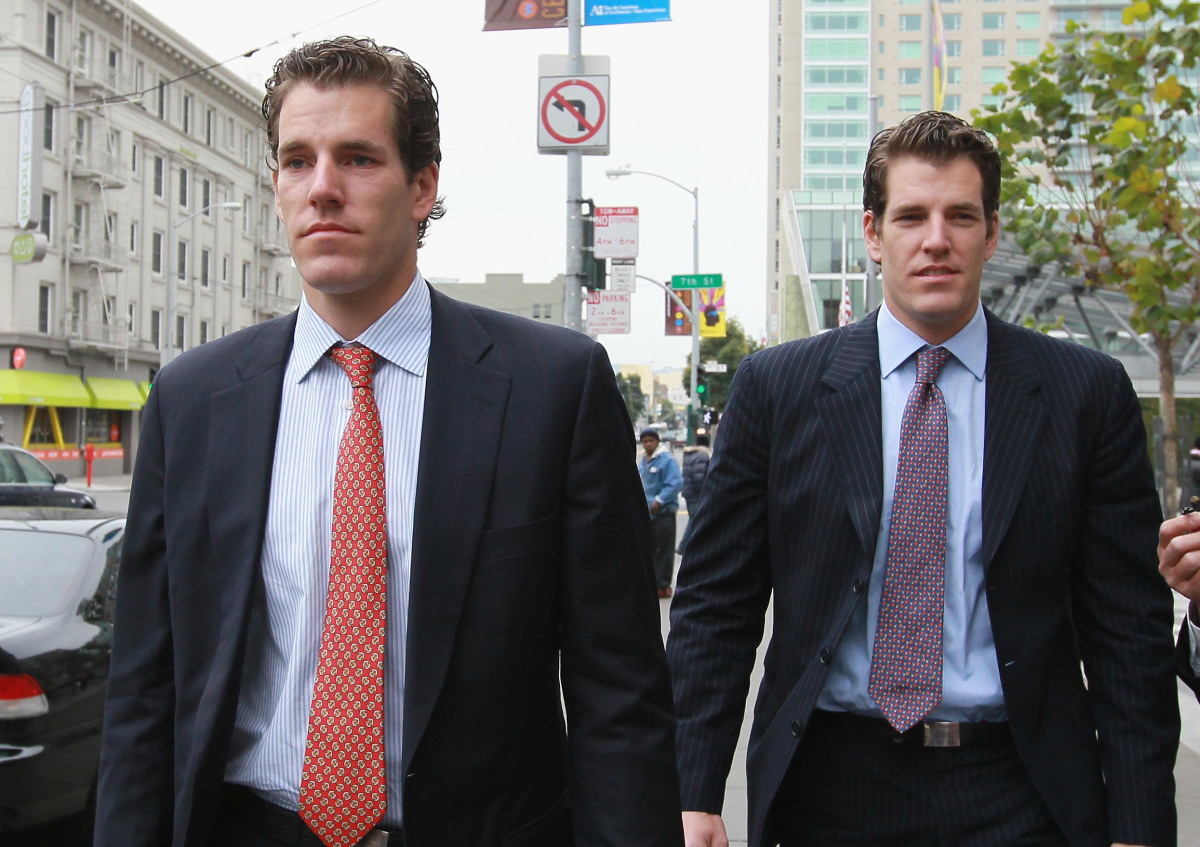I am always amazed when I read/hear stories about judges gone rogue. You think, at least, I think that after a lawyer has worked so hard to don the judicial robes he/she would be circumspect in judicial temperament and behavior, not allowing any reputational snafu to sully judicial performance. However, I would be wrong. (I know, not the first time and definitely not the last.)
I am always astonished at how judges can toss their judicial careers into the dustbins of notoriety and then obscurity. So, all of you out there, from new admittees (congratulations!) to wherever you are in your career, take heed of what can happen if you are lucky enough to be appointed to the bench and then develop a terminal case of “robe-itis.” Yes, there is such a word, which is essentially ego without limits.
Here’s one recent example: Superior Court Judge John Laettner of Contra Costa County in the Bay Area, whom the California Commission on Judicial Performance has ordered removed. Where to begin the litany of Judge Laettner’s acts justifying removal, the ultimate sanction against a sitting judge?
Let’s begin with the Commission’s conclusion: that the judge engaged in five acts of willful misconduct and eleven acts of prejudicial misconduct. I don’t have enough fingers and toes when ticking them all off. Cringeworthy does not even come close (it’s “what was he thinking?”), but the upshot is that a thirteen year judicial career has gone down the chute. You can read the Commission’s 76 page decision if curious.
Here are a few examples that the Commission used as bases for removal:
1. In open court, the judge denied a woman defendant due process by remanding her without exonerating and resetting bail. To add insult to injury, bail was subsequently increased outside the defendant’s presence.
2. The decision cites examples of ex parte conversations (and new admittees, if you don’t know you’re not supposed to do that, learn that now.) Those included one in a courtroom hallway in the presence of potential jurors. The Commission found another example of misconduct to be ex parte discussions with deputy public defenders who were filing peremptory challenges against him.
3. The court engaged in a pattern of misconduct toward a number of women, including those who appeared before him. Misconduct included conduct that was unwelcome, undignified, discourteous and offensive, e.g. gender bias and conveyed the impression that certain attorneys were in a special position to influence him. Comments like “women can drive you crazy,” and comments about female physical appearances, just some of the ones set forth in the decision, did nothing to endear the judge to the Commission.
4. The judge made comments in the presence of and/or about his long-time court reporter that were undignified and offensive, constituting gender bias and sexual harassment.
5. The judge revoked a defendant’s own recognizance release in the defendant’s absence without any opportunity to be heard and giving the appearance of retaliation for a public defender’s exercise of a peremptory challenge.
In 76 pages, there is a lot more.
The Commission acknowledged that there was “substantial evidence that Judge Laettner has had an extraordinary work ethic and has been a responsible and conscientious judge and an asset to his court.” Those attributes were not enough to prevent removal, especially given the judge’s misconduct, severely aggravated by his lack of candor during the evidentiary proceedings and “…his selective and limited acknowledgment of his misconduct.”
The Commission adopted the findings of the special masters who conducted the evidentiary hearing and who concluded that the judge “was not credible or not truthful as it relates to his testimony concerning several events making up this inquiry.”
The Commission found that the judge’s lack of candor as to several instances was “troubling,” and singled out nine specific places where it found the judge’s testimony to be not credible, either explicitly or implicitly.
While the judge asserted that just about all of the complaints emanated from the Public Defender’s office, the Commission stated that the source of the complaints is irrelevant; “…it is the judge’s conduct that matters.” In other words, no excuses.
In its decision, the Commission commented that the judge did not maintain the professional distance required by his position and seemed to let his emotions overrule compliance with judicial ethics. “Wanting people to be happy” is not within a judge’s job description. Think back: how many times has a judge’s decision made you happy? I hear derisive snorts.
Failure to take responsibility for the misconduct and to blame others (of course, no one ever does that) played a large part in the Commission’s decision to remove Judge Laettner. Given “…his failure to acknowledge the impropriety of much of his misconduct and his lack of credibility…” the Commission was not confident that he would not reoffend and so was not taking any risk.
Judges hear all kinds of excuses for bad behavior. ATL uses the term “benchslap” for misbehaving attorneys. Any suggestions for a term for misbehaving judges?
 Jill Switzer has been an active member of the State Bar of California for over 40 years. She remembers practicing law in a kinder, gentler time. She’s had a diverse legal career, including stints as a deputy district attorney, a solo practice, and several senior in-house gigs. She now mediates full-time, which gives her the opportunity to see dinosaurs, millennials, and those in-between interact — it’s not always civil. You can reach her by email at oldladylawyer@gmail.com.
Jill Switzer has been an active member of the State Bar of California for over 40 years. She remembers practicing law in a kinder, gentler time. She’s had a diverse legal career, including stints as a deputy district attorney, a solo practice, and several senior in-house gigs. She now mediates full-time, which gives her the opportunity to see dinosaurs, millennials, and those in-between interact — it’s not always civil. You can reach her by email at oldladylawyer@gmail.com.
 Kathryn Rubino is a Senior Editor at Above the Law, and host of The Jabot podcast. AtL tipsters are the best, so please connect with her. Feel free to email her with any tips, questions, or comments and follow her on Twitter (@Kathryn1).
Kathryn Rubino is a Senior Editor at Above the Law, and host of The Jabot podcast. AtL tipsters are the best, so please connect with her. Feel free to email her with any tips, questions, or comments and follow her on Twitter (@Kathryn1).



 Jill Switzer has been an active member of the State Bar of California for over 40 years. She remembers practicing law in a kinder, gentler time. She’s had a diverse legal career, including stints as a deputy district attorney, a solo practice, and several senior in-house gigs. She now mediates full-time, which gives her the opportunity to see dinosaurs, millennials, and those in-between interact — it’s not always civil. You can reach her by email at
Jill Switzer has been an active member of the State Bar of California for over 40 years. She remembers practicing law in a kinder, gentler time. She’s had a diverse legal career, including stints as a deputy district attorney, a solo practice, and several senior in-house gigs. She now mediates full-time, which gives her the opportunity to see dinosaurs, millennials, and those in-between interact — it’s not always civil. You can reach her by email at 












